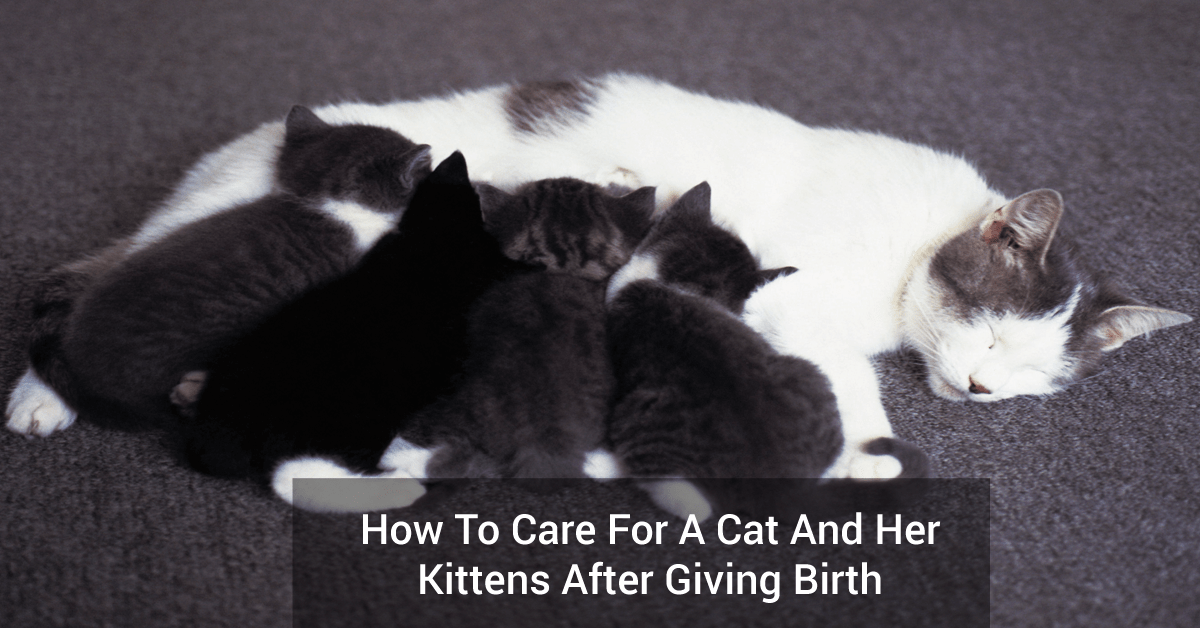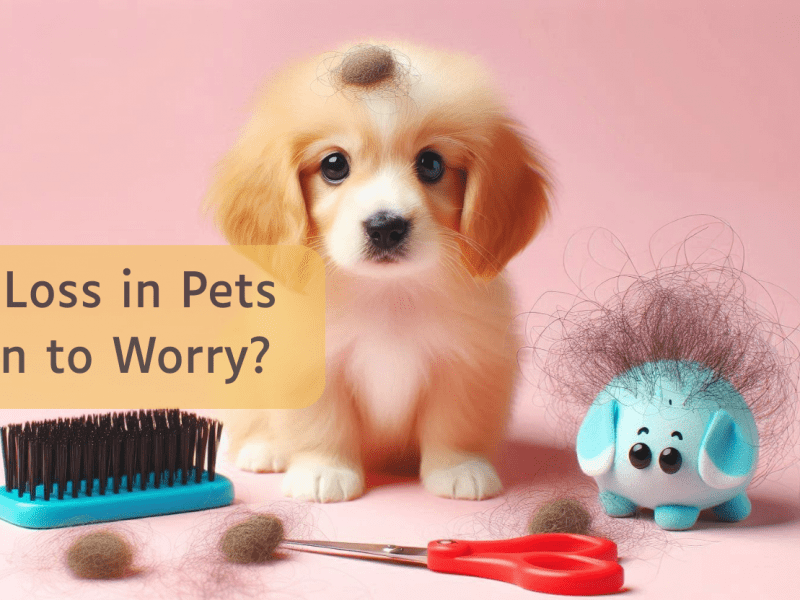‘New mother cats are often confused and frightened and need special care and attention.’
Follow these steps for a better start for your new mom. Cats in labor typically feel a lot of pain and pressure, leading them to not eat or drink for hours at a time. Make sure that the mother cat has access to food and water and that she can keep clean.
If your cat has recently given birth, she’ll need your attention and care. You’ll need to focus on your cat’s physical needs first, though. First and foremost, make sure she has clean water to drink and nutritious food.
After giving birth, your cat will need special care. You’ll need to provide the cat with a box to nurse her kittens and may need to bring your cat to a cat specialist for nursing care. You’ll also need to prevent your cat from getting pregnant again. Your veterinarian can help you with this.
It’s common for cat moms to feel a sense of pride and accomplishment when the kittens are finally born. However, like most things in life, you need to meet some basic care requirements to keep your cat healthy and happy. Your cat will likely feel a lot of stress once ready to give birth. There are a few things that you can do to help your cat take care of her kittens once they are born, such as providing her with a safe place to give birth and cleaning up after each of the kittens.
Things to remember just before the birth of the kittens
When your cat is about to have kittens, she will care for the mother cat’s duties, such as protecting her kittens and grooming herself. However, you must help the mother cat when she asks for your assistance. She may use her nose to indicate that she needs attention or let you know by shaking herself. Also, watch for the mother cat to act restless; she may be suggesting that she needs to be let out to go to the litter box.
The mother cat will be very tender and sore after giving birth. Most mother cats will lick and groom their young, but if your cat isn’t acting normal, it’s a good idea to check up on her and make sure she’s okay. This will help her recover faster and reduce the risk of her licking and biting her young when she’s not supposed to.
How to comfort your cat after she gives birth?
When your cat gives birth to her kittens, she might not show any signs of being in pain. However, she might be feeling a lot of pressure, and you might notice that her behavior changes. If you see your cat is hiding or is sleeping a lot, it’s a good idea to get her to the veterinarian as soon as possible. She might also be licking herself excessively, which can signify postpartum discharge.
When your cat gives birth to her kittens, she’s probably going to be pretty tired and stressed out. You’ll want to make sure she has somewhere to rest and get comfortable in and that she’s eating well, and the litter-box must be regularly cleaned to help her feel better. The following tips should help you get started.
- The newborn kittens can lose heat very quickly. If the cat is attentive, she will cater to them, but if the mother cat is ignorant, then you must provide warmth.
- Usually, the mother cat is calm after birth, but sometimes they can show disturbing behavior.
- Be very calm around the cat and her kittens and make sure that the environment is warm and safe for their offspring.
- Severe disturbance, pain, or constant interruption can cause the mother cat to kill their offspring. However, if the mother cat is familiar with her environment and is in good health, it will reduce the risk.
- Putting some birth fluids on the kitten will help the mother cat accept the kitten if the cat is initially ignoring her.
- If the cat is uncomfortable, she will try to change her place. Make sure that she has another area that is warm and safe. The cat may appreciate a cardboard box and warm sheets to hide her kids in.
- Take her to the vet if the cat is vomiting or is drinking water excessively.
- Contact the vet if the mother cat collapses, is drowsy, or has a clumsy movement.
- If, by any chance, you need to take the cat to the vet, make sure that the kids have enough warmth when their mother is away, and also, they have substitute milk. Remember, the kittens can survive only an hour or so without mother’s milk



